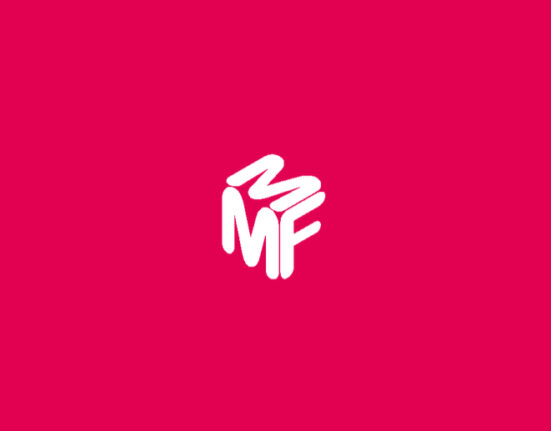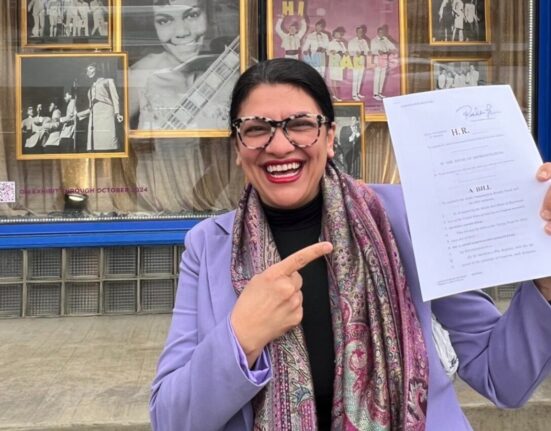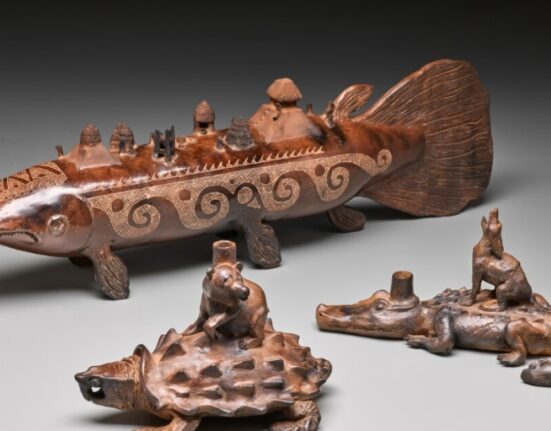There is a crisis in arts funding. Not just the lack thereof, but the way artists are asked to apply for it. Funding processes are onerous for both applicant and assessor, and they are systematically exclusionary for Disabled people, people whose first language is not English and people that come from non-Western traditions of storytelling and time-keeping.
We need to overhaul the entire application process and honour the expertise that artists have – that they demonstrate throughout their careers – instead of asking them to jump through hoops and prove themselves every time they require funds to make work. What other profession asks for proof of capacity every payday?
‘But it is taxpayers’ money,’ you say. And to that there are two responses. First, as a taxpayer, when was the last time you were aware of the method in which your funds were distributed to corporations? And second, arts administrators that work in funding bodies, be they national or state, are also paid by taxpayer funds, yet they do not have to prove their capacity every payday. So why do we expect artists to?
An artist that has a decade-long career or more has proven their capacity to successfully complete a work over that decade. Past projects and past works should be the qualifier for submissions. Emerging artists should not have to compete for funds against established artists – two separate pools are required. And absolutely no peak bodies should be allowed to compete with artists in funding rounds.
In fact, the competitive nature of funding should be taken out of the process all together. Again, which other profession asks people to consistently compete with their peers? Imagine doctors having to pitch their value every time a customer walks into a medical centre. Our funding systems are broken because they place artists – the foundation of the arts sector – at the bottom of the hierarchy, where they must prove and argue for their value every step of the way.
If there were two separate funding streams, one for emerging and one for established artists, and artists have qualified to be in either stream, then we should not have to ask artists to prove themselves beyond that initial qualification.
‘But there is only a limited pool of money each funding round,’ you say. Yes correct, in which case selection should be a lottery to remove all prejudice and privilege in the process. Names should be pulled out of a hat.
An artist (qualified in their category of emerging or established) should only need to write a one-paragraph description of what they want to do. They should not have to write a budget, who they will work with or timelines. The time that the project needs to be completed by is specified in the funding guidelines. Salaries for each category of artist are specified by the funding bodies. Artists in each round are selected from a figurative hat. And there are rules about how often an artist can be funded in a year, of course.
‘But then “every man and his dog” would apply,’ you say. How do we know if artists are actually doing what they say they will?
Well, that is where the acquittal process comes in. All the work for applicant and assessor comes in at the end of the project, not the beginning. “Because art is about not knowing,” we hear constantly in arts circles, in books about art and at art conferences. Yet our funding processes do not honour this “not knowing”. Rather, funding applications require artists to know just about everything before they have commenced the work. This can kill an idea and remove all creativity.
Acquittals of projects should determine whether an artist can enter the next funding round. Assessors must look carefully at the acquittals to determine if the artist employed rigour, whether the project had impact, whether it had community and audience reach. Outcomes of the acquittal process will determine whether an artist can be included in the next funding round or not.
Read: Artist burnout is not a mental health issue – it is a labour issue
Ask any artist who relies on funding if they think this is a better process, and across the board you will receive a resounding “yes”. Ask peers (artists that sit on funding panels) if this process is preferable to the current one, and you will receive a resounding “yes”. Why? Because those of us who have sat on funding panels, or applied for funding most of our careers, know how broken the system is. How culturally unsafe funding selection is for non-Anglo Celtic applicants and assessors, for Disabled applicants and assessors, how privilege and popularity play a very big role in who is funded.
Surely, we in the arts, can demonstrate less neoliberal methods and processes, given that we are “the creative sector” (creative being the neoliberal word for art).
This article is published under the Amplify Collective, an initiative supported by The Walkley Foundation and made possible through funding from the Meta Australian News Fund.







